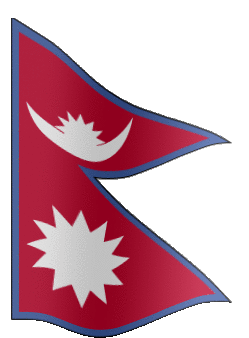Published On : 2022-03-24 02:22:57
As per the Enforced Disappearances Inquiry, Truth and Reconciliation Commission Act, 2014, the objectives of the Truth and Reconciliation Commission are as follow:
To find out and publish the incident of the grave violation of human rights committed in the course of the armed conflict between the State Party and the then Communist Party of Nepal (Maoist) from 13 February 1996 to 21 November 2006 and of the persons involved in those incidents upon realizing the essence and spirit of the Interim Constitution of Nepal, 2007 and the comprehensive peace accord,
To create environment conducive for sustainable peace and reconciliation by enhancing spirit of mutual good faith and tolerance in the society upon bringing about reconciliation,
To provide for reparation to the victims, and
To make recommendation for legal actions against those who were involved in the serious offence related with those incidents.
Functions, Duties and Powers of the Commission
The Enforced Disappearances Inquiry, Truth and Reconciliation Commission Act, 2014, under Section 13, stipulates the functions, Duties and Powers of the Commission as follow:
Investigate incidents of gross violations of human rights, find out and record the truth and public it for the general public,
Identify victims and perpetrators of conflict,
Endeavor to bring about reconciliation between the victims and perpetrators with their consent and bring about reconciliation,
Make recommendation on reparation and/or compensation to be provided to the victims and their families,
Make recommendation for legal action against perpetrators to whom amnesty is not granted and in cases where reconciliation is not reached,
Provide the victims with identity card as prescribed and also provide them with information after completion of investigation.
The term “gross violation of human rights” is defined in section 2 (j) of the Enforced Disappearances Inquiry, Truth and Reconciliation Commission Act, 2014, which reads as follows:
“Gross violation of human rights” means the following acts committed during the conflict targeted against unarmed person or civilian population or the following acts committed in a systematic manner:
Murder,
Abduction and taking of hostage,
Enforced disappearance,
Causing mutilation and disability,
Physical or mental torture,
Rape and sexual violence,
Looting, possession, damage or arson of private or public property,
Forced eviction from house and land or any other kind of displacement, and
Any kind of inhuman acts inconsistent with the international human rights or humanitarian law or other crimes against humanity.

